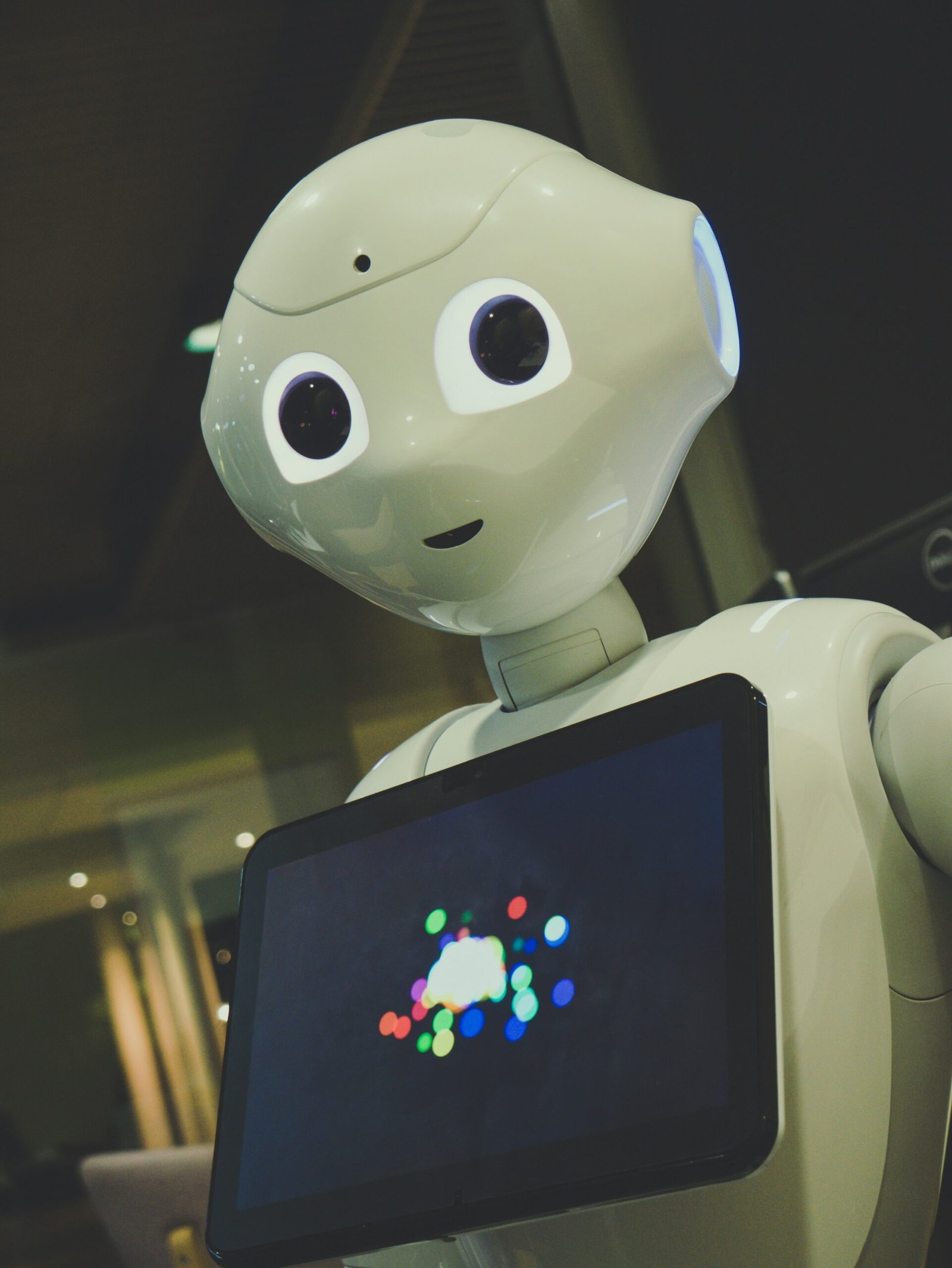Upcoming Technologies That Will Transform Industries and Lives
Upcoming Technologies That Will Change the World
Technology has always been at the forefront of human progress, constantly evolving and shaping the way we live, work, and communicate. In the coming years, there are several emerging technologies that have the potential to revolutionize various industries and transform our lives. Let’s explore some of these groundbreaking technologies:
1. Artificial Intelligence (AI)
Artificial Intelligence, or AI, is a branch of computer science that aims to create intelligent machines capable of performing tasks that typically require human intelligence. AI has already made significant advancements in fields such as healthcare, finance, and transportation. With the continued development of machine learning algorithms and deep learning techniques, AI is set to revolutionize industries even further.
Advantages of AI:
- Automation: AI can automate repetitive tasks, increasing efficiency and productivity.
- Improved Decision Making: AI can analyze vast amounts of data and provide valuable insights for better decision making.
- Enhanced Customer Experience: AI-powered chatbots and virtual assistants can provide personalized and efficient customer support.
Disadvantages of AI:
- Job Displacement: The widespread adoption of AI may lead to job losses in certain industries.
- Ethical Concerns: AI raises ethical questions regarding privacy, bias, and the potential misuse of advanced technologies.
- Dependency: Overreliance on AI systems may lead to vulnerabilities and risks if they fail or are compromised.
2. Internet of Things (IoT)
The Internet of Things refers to the network of interconnected physical devices, vehicles, appliances, and other objects that can collect and exchange data. IoT has the potential to revolutionize various sectors, including healthcare, agriculture, and manufacturing, by enabling seamless connectivity and real-time data analysis.
Advantages of IoT:
- Efficiency: IoT devices can optimize processes, reduce waste, and improve resource management.
- Improved Safety: IoT can enhance safety by monitoring and controlling various systems, such as home security and industrial equipment.
- Enhanced Decision Making: Real-time data from IoT devices can provide valuable insights for better decision making.
Disadvantages of IoT:
- Privacy and Security Concerns: The vast amount of data collected by IoT devices raises concerns about privacy and the risk of cyberattacks.
- Compatibility Issues: The lack of standardized protocols and interoperability can hinder the seamless integration of IoT devices.
- Dependency on Connectivity: IoT devices heavily rely on stable internet connectivity, which can be a challenge in certain areas.
3. Blockchain
Blockchain is a decentralized, distributed ledger technology that enables secure and transparent transactions without the need for intermediaries. Originally introduced as the underlying technology for cryptocurrencies like Bitcoin, blockchain has far-reaching applications beyond finance, including supply chain management, healthcare, and voting systems.
Advantages of Blockchain:
- Transparency: Blockchain provides a transparent and immutable record of transactions, reducing the risk of fraud and manipulation.
- Security: The decentralized nature of blockchain makes it highly secure and resistant to hacking.
- Efficiency: Blockchain eliminates the need for intermediaries, reducing transaction costs and processing times.
Disadvantages of Blockchain:
- Scalability: Blockchain technology currently faces challenges in scaling to accommodate a large number of transactions.
- Regulatory Concerns: The regulatory landscape for blockchain is still evolving, which can create uncertainty for its widespread adoption.
- Energy Consumption: The process of mining cryptocurrencies and validating blockchain transactions consumes a significant amount of energy.
These are just a few examples of the upcoming technologies that have the potential to reshape our world. As these technologies continue to evolve and mature, it is essential to carefully consider their advantages and disadvantages to ensure their responsible and ethical implementation.
